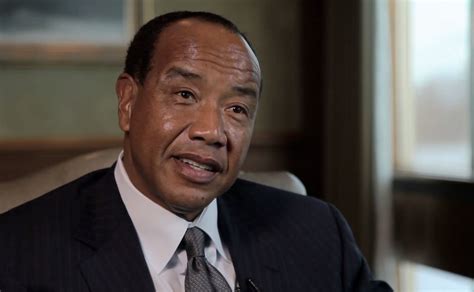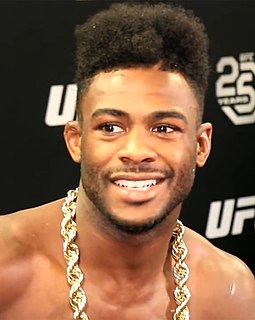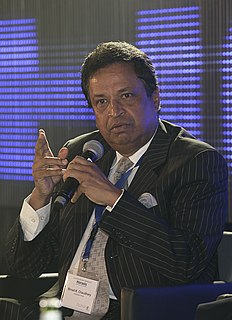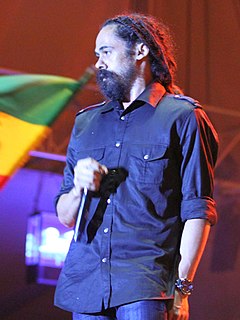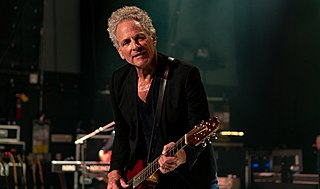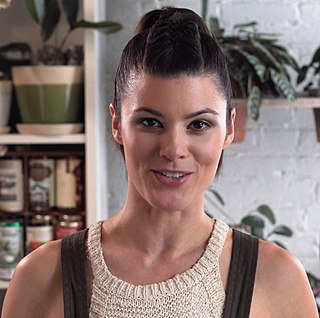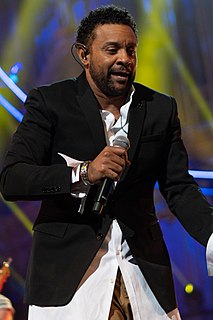A Quote by Michael Lee-Chin
Doing business in Jamaica is not easy, but it is rewarding.
Related Quotes
Companies doing "business as usual" have to get baseline data on their impact and simultaneously understand what the impacts are. The larger the company, the more challenging that can be - so I empathize with the arduousness of the process. But it can be an exciting and rewarding challenge for all those involved, particularly when you can show progress.
